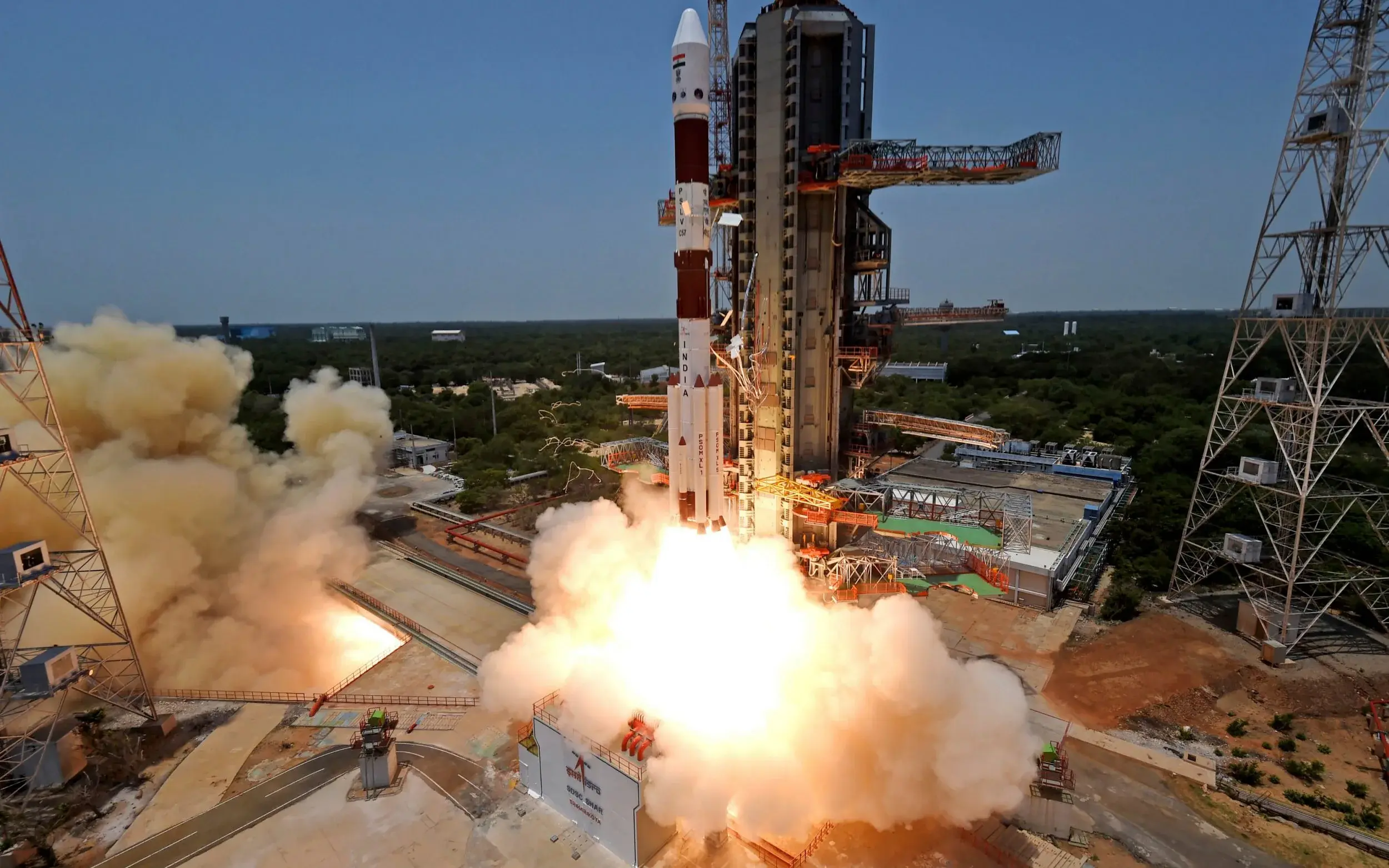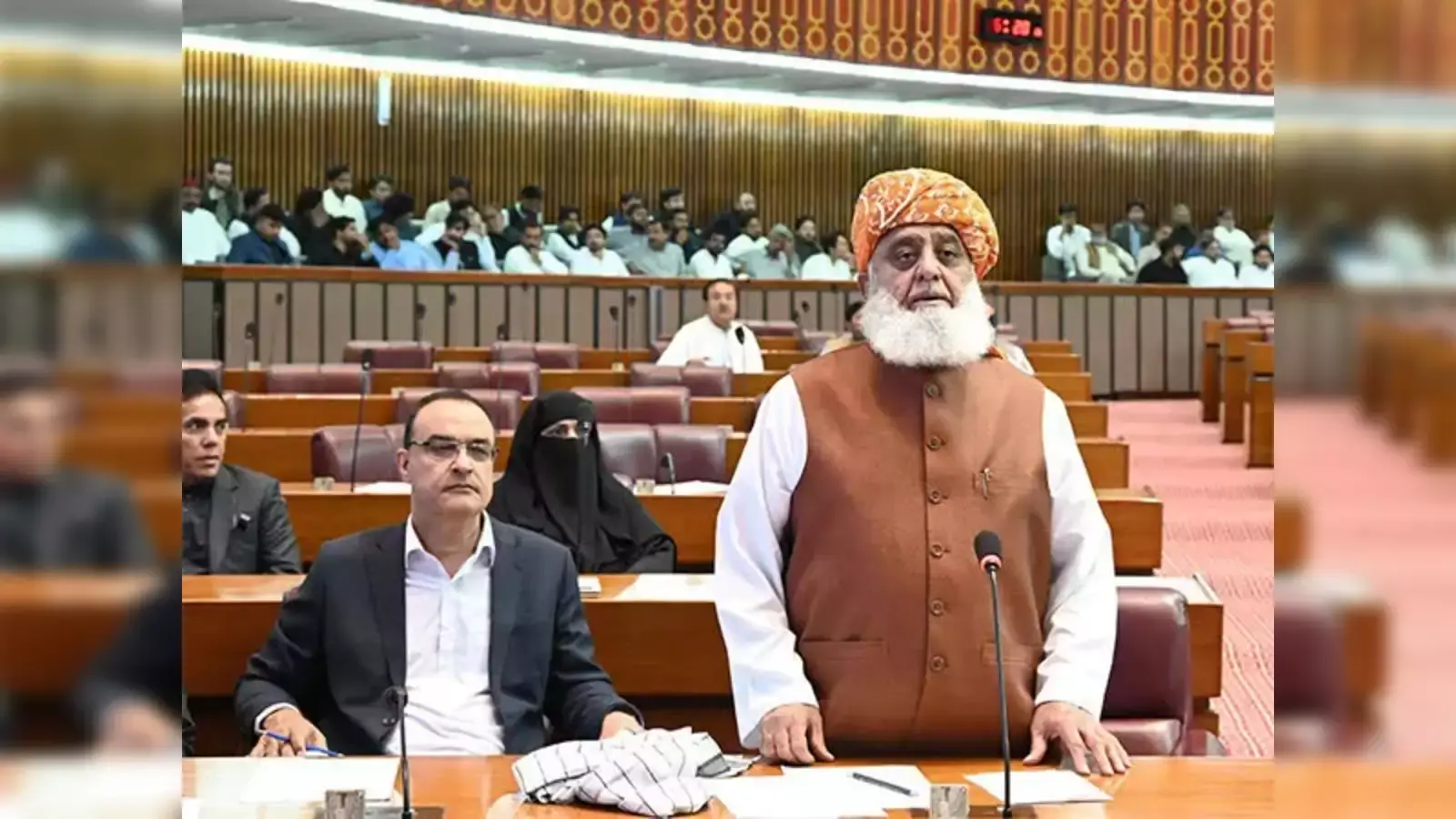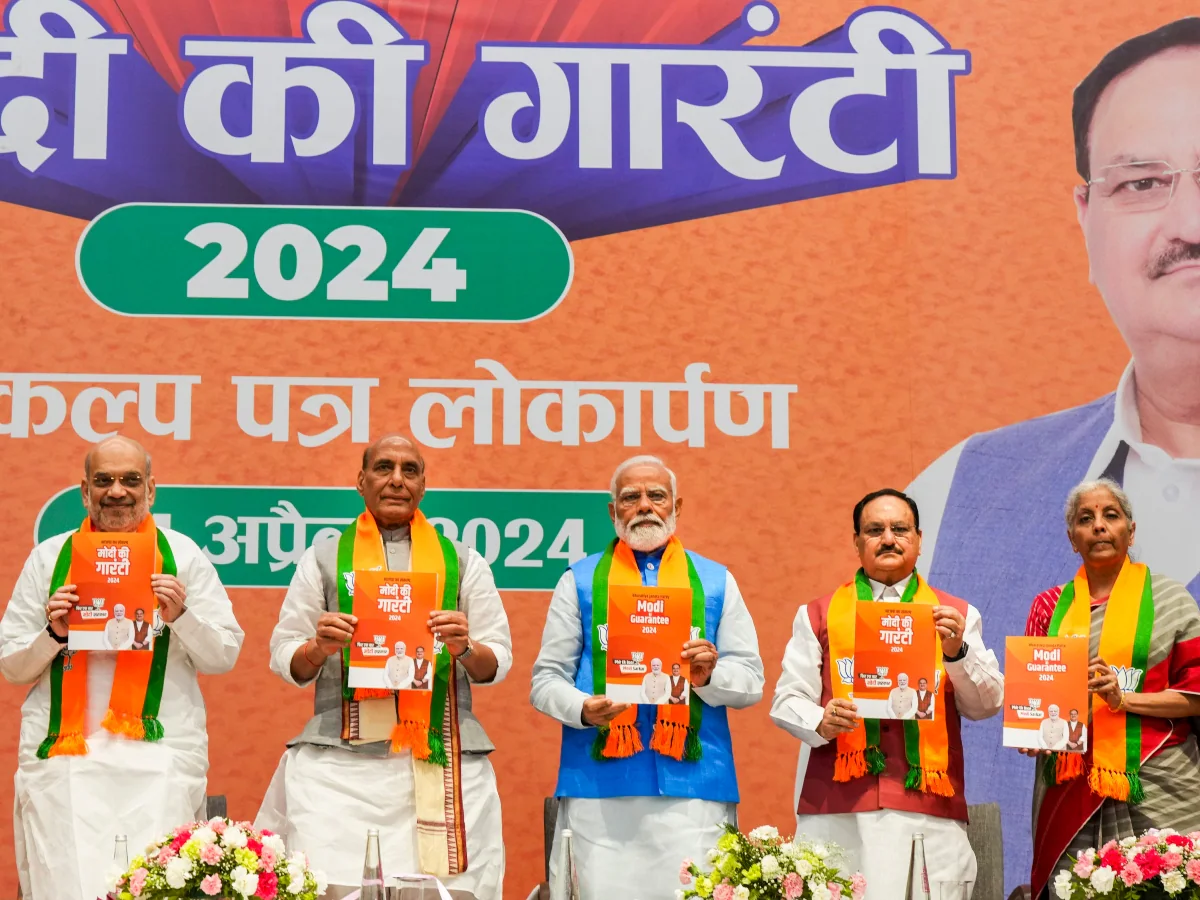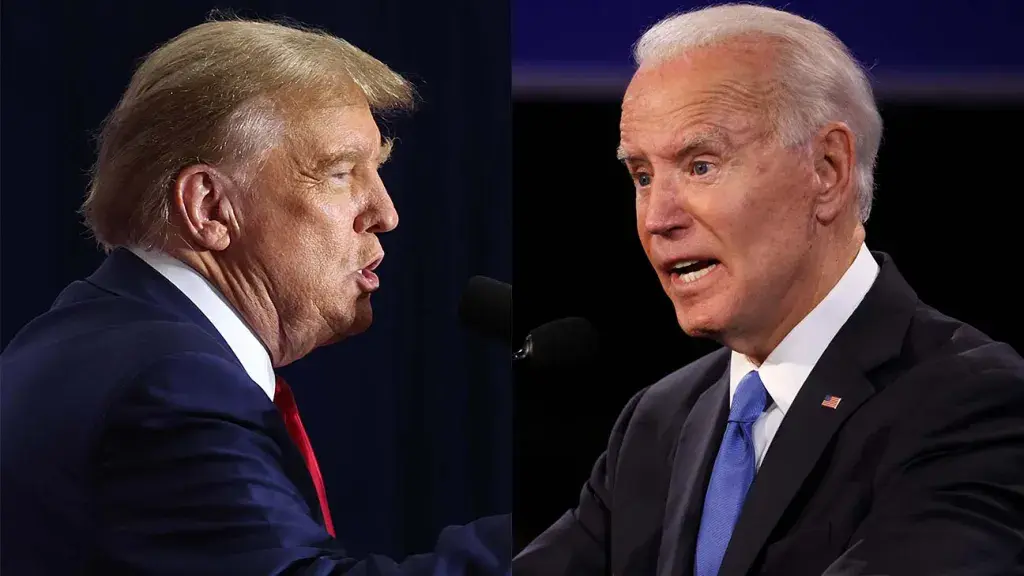Pakistan: India’s aspiration to become a superpower is not a new revelation. With its rapid economic growth, technological advancements, and space exploration achievements, India has positioned itself as a global player on the rise. The country’s ambition to reach superpower status has been fueled by its determination to assert its influence on the world stage. As India continues to make significant strides in various sectors, it is important to understand the factors driving its growth and the implications it holds for the region.

Economic Growth and Development of India
India’s remarkable economic growth is another factor that justifies its aspiration to become a superpower. The country has made significant progress over the past few decades, rapidly becoming one of the fastest-growing major economies. India has utilized its enormous population, abundant resources, and a thriving entrepreneurial environment to attract investment worldwide and stimulate innovation.
India’s information technology , manufacturing, healthcare, and services have been some of the driving sectors. Many Indian cities have become known as the Silicon Valley of India, including Bangalore and Hyderabad, two major hubs for technology and software development. Its rapid economic growth has not only contributed to strengthening its national economy but also propelled its influence as an industry leader globally.
India’s Military Capabilities and Strategic Importance
Meanwhile, in addition to the economic component, India boasts a strong army and strategic importance. With one of the world’s largest numbers of troops and nuclear weapons arsenal, India deters existing and potential adventurers and ensures wdbos national security.
At the same time, the country occupies a strategically important place on the world map. Indeed, being the meeting point of the main trade flows, the country plays a very important role in the world economy. In addition, it has access to the Indian Ocean and controls the main sea lines of communication. Summing up all the above-mentioned advantages, it can be argued that India has a considerable influence on the world order.
Pakistan’s Perspective on India’s Rise
While many might look at India’s rise as a potential superpower to admire, it is important to consider how Pakistan views this development. According to a recent statement of a Pakistani leader in parliament stating, “Pakistan is left to beg while India wants to become a superpower” , the harsh reality of Pakistan’s perception of its ambitions can become visible. Given the complex history of Pakistan-India relationship.
Which is primarily determined by conflicts and territorial disputes, it is important to consider how little is actually known about the potential for cooperation and peace in the region. India’s aspiration to grow economically and its successful attempts to strengthen its military apparatus created a feeling of a growing distance with Pakistan. As a result, there is a limited potential for not only keeping pace with India but also monitoring its trajectory.

The Geopolitical Implications of India’s Superpower Ambitions
The aspiration of India to become a superpower affects regional geopolitics significantly. Indeed, the more India consolidates its position and influence in the world, the more the power is destabilized within the region of South Asia. India’s rise as a superpower can drastically change the power balance in the region and affect the behavior of neighboring states.
Moreover, the influence of India is likely to change alliances and partnerships as many states will want to benefit from India’s economic power and leadership. Change in power will also lead to growing competition and confrontation of states’ interests. Thus, India’s plan to become a superpower has numerous consequences for regions around the world.
Challenges and Obstacles in India’s Path to Superpower Status
India’s road has been full of remarkable accomplishments, though the journey to achieving superpower status is still ridden with immeasurable challenges. The country is dealing with a variety of internal and external issues that need to be addressed in order to develop and stand as a global power. First, India is struggling with poverty, inequality, and social cohesion issues. Despite experiencing economic growth, many Indian citizens still live in extreme poverty and the gap between the pace of development of urban and rural areas is significant.
Secondly, India faces infrastructure, bureaucratic, and environmental challenges, as well as difficulty in maintaining an interconnected fiber. Secondly, to external factors, India has to also deal with geopolitical complexities and regional struggles. India is surrounded by nations with whom it has decades of rivalries and border disputes. Moreover, the nation needs to perfectly balance its grip in asserting influence globally, while at the same time remaining good friends with as many nations as possible.
The Role of International Relations in India’s Journey
International relations are another critical pillar that enables India’s journey to superpower. The nation actively pursues opportunities to strengthen diplomatic relationships and strategic alliances with countries worldwide. Indian foreign policy is geared towards collaborations with world leaders, such as the United States of America, China, and Russia, as well as maintaining good ties with emerging economies. Central to this argument is the creation or membership in multilateral organizations overseeing global operations.
These platforms, such as the United Nations, BRICS, and G20, provide a multidimensional podium for India to reveal its authority and additional influence. India’s involvement in such organizations enhances its decision decision and policy-making opportunities, solidifying its leadership identity.

The Response from the International Community
India’s rise as a potential superpower has garnered attention and reactions from the international community. Many countries recognize the economic potential and strategic significance of India’s growth. As a result, they seek to deepen their engagement with India, both economically and diplomatically.
Foreign investments in India continue to pour in, as multinational corporations recognize the country’s market potential. India’s skilled workforce, technological advancements, and vibrant consumer base make it an attractive destination for business opportunities. Simultaneously, countries also acknowledge India’s role as a stabilizing force in the region and a valuable partner in addressing global challenges.
Future Prospects for India’s Superpower Dreams
India’s aspiration to become a superpower is driven by its remarkable economic growth, military capabilities, and strategic importance. The acknowledgment from a Pakistani leader in parliament reflects the admiration Pakistan has for India’s ambitions, while also highlighting the challenges Pakistan feels it faces in achieving similar goals.
As India continues to progress on its path to superpower status, it faces numerous challenges and obstacles that must be overcome. From addressing internal issues of poverty and inequality to navigating complex geopolitical dynamics, India’s journey is not without its hurdles. However, with its strong economic growth, military strength, and active engagement in international affairs, India is well-positioned to shape the global order and assert its influence on the world stage.
The future prospects for India’s superpower dreams are promising, given its ongoing advancements in various sectors and its growing influence in the international community. While the road ahead may be challenging, India’s determination, resilience, and strategic vision serve as the driving force behind its pursuit of superpower status. As the dynamics between India and Pakistan continue to evolve, it will be interesting to witness how these neighboring nations navigate their respective aspirations and their impact on the region as a whole.
If you found this exploration of India’s aspirations insightful, we invite you to delve deeper into another pressing global issue by reading our article about Protests. Your continued engagement with these topics helps foster a more informed understanding of the world around us.




